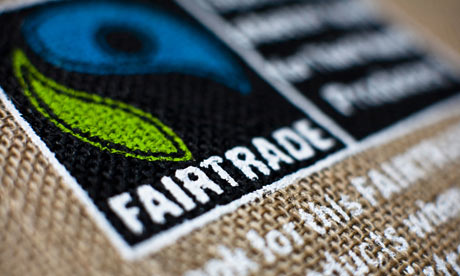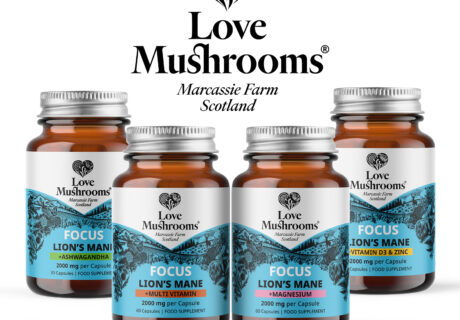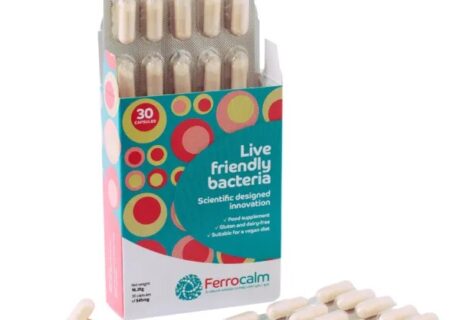Fairtrade has once again emerged as the UK’s most recognised and trusted ethical label, maintaining its strong appeal among conscious consumers despite economic pressures, according to new research by GlobeScan and the Fairtrade Foundation.
The survey, conducted across 13 countries with more than 12,900 participants, revealed that 94% of UK shoppers are aware of the Fairtrade mark—a figure that continues to underscore its visibility on products. Of those, 84% say they trust the label, and 71% recognise it more often than other leading ethical certifications.
Shoppers aged 18–24 and 35–54 are the most frequent buyers of Fairtrade products, followed closely by those aged 25–34. In fact, 71% of UK consumers say they buy at least one Fairtrade product every month, despite wider cutbacks in spending due to the cost-of-living crisis.
“It’s great to see that the Fairtrade Foundation continues to be seen as the most visible and trusted ethical label in the UK.” said Laura Godsmark, Brand & Insights Lead at the Fairtrade Foundation. “This recognition reflects the growing public demand for transparency, fairness, and sustainability in how products are made and traded. Shoppers know that when they choose Fairtrade, they are standing with farmers and workers to create a fairer world.”
The research highlights a growing awareness of the social and environmental issues linked to the products people buy. Notably, 62% of shoppers said they are still willing to pay a bit more for products if it means farmers receive a fair price.
Consumers also view Fairtrade as a mark of integrity for brands, with 78% agreeing that the label has a positive impact on the companies that use it. This effect is particularly strong among younger consumers and parents. Moreover, 74% of shoppers who notice the Fairtrade label say it helps them identify ethical and responsible products.
Beyond fair pricing, consumers increasingly associate Fairtrade with broader social impact, including workers’ rights, safe working conditions, and efforts to combat poverty. Environmental commitments such as preventing deforestation, climate change adaptation, and biodiversity protection also featured prominently in shoppers’ perceptions of the label.
Other notable findings from the report include:
- Coffee remains the most commonly recognised Fairtrade product, followed by cocoa, bananas, tea, sugar, and rice.
- 69% of consumers say buying Fairtrade makes them feel more connected to farmers and producers.
- 65% of those familiar with the label say they are likely to recommend Fairtrade products to others.
- 43% say removing the Fairtrade label from a product would harm their view of the brand.
- 15% report difficulty finding Fairtrade products in stores, which they cite as a key barrier to purchase.
While Fairtrade continues to lead in consumer trust, the survey noted a slight decline in some metrics compared to 2023, which researchers attributed to both a change in the participating countries and increased scrutiny of ethical labels by consumers. Price remains the biggest barrier to wider adoption.
The biannual GlobeScan survey has tracked consumer attitudes toward Fairtrade and ethical purchasing since 2008. The 2025 edition was conducted in February and March across countries including the UK, Germany, the USA, and Brazil.





